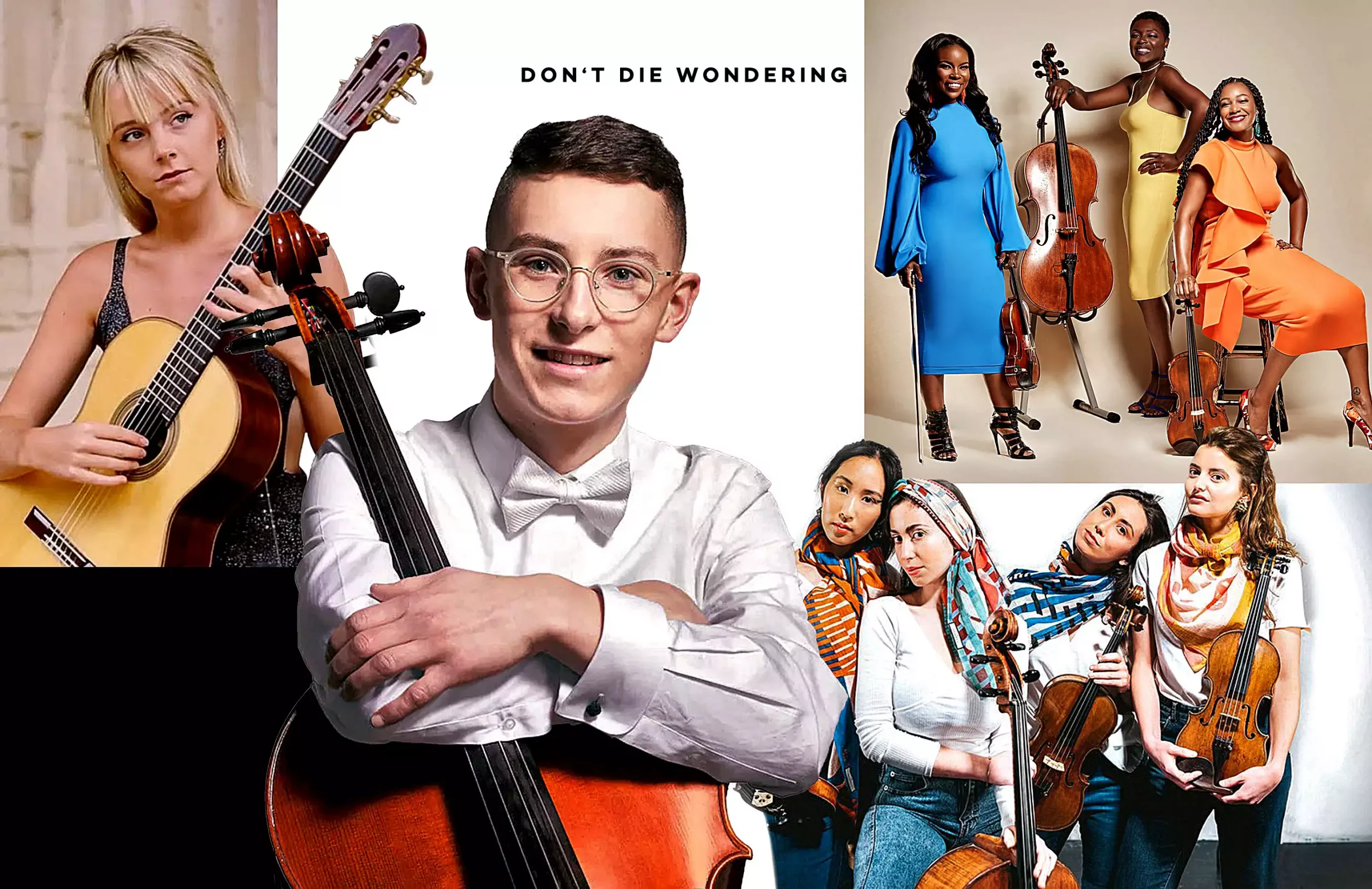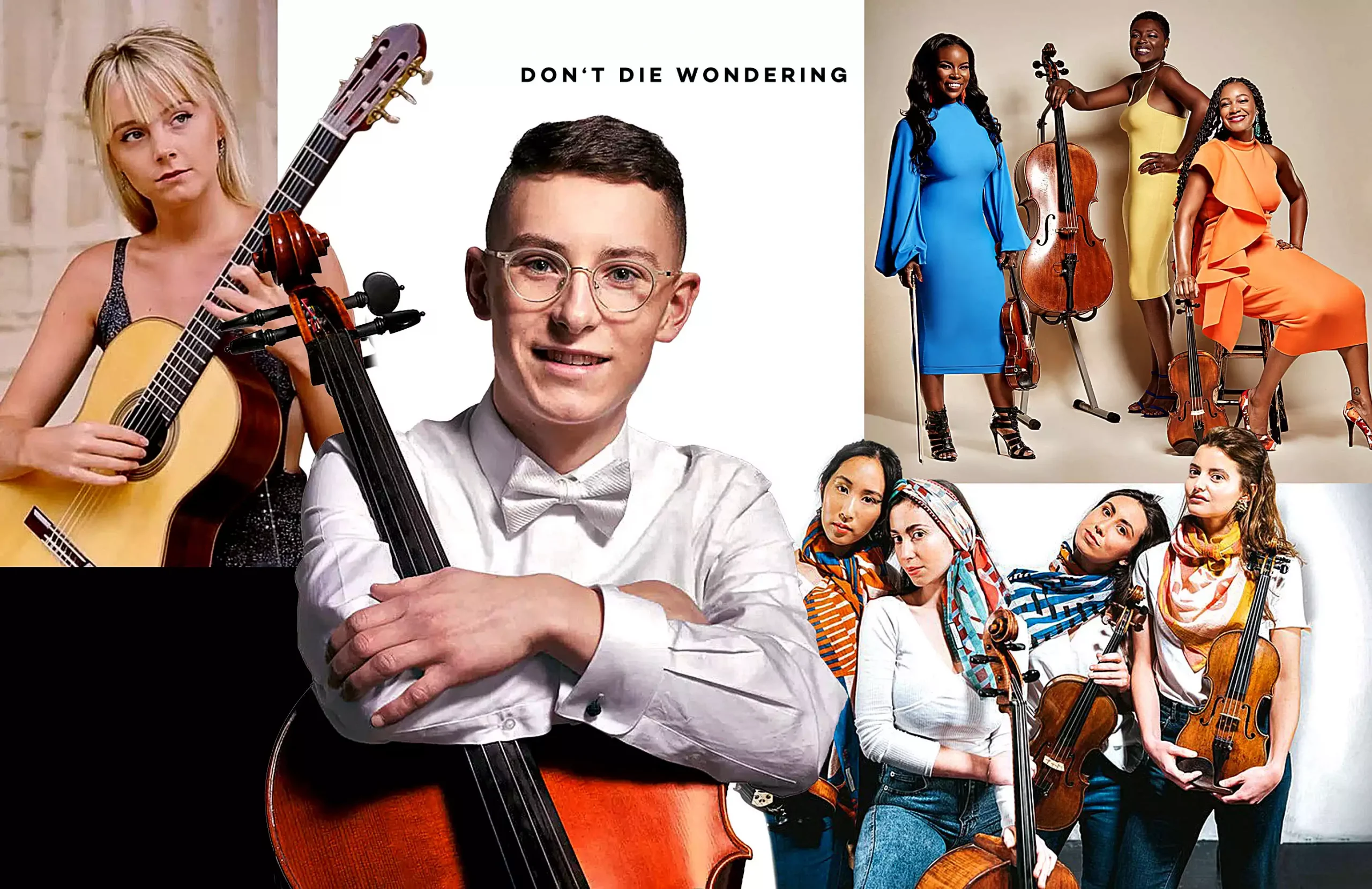Behind the doors of one of New York’s most prestigious educational institutions, you’ll find the future of classical music.
Whilst classical music may not have the same hold over the youth of today as it may have done in the past, there are still hundreds of thousands of young people around the world who aspire to play their own part within one of the world’s greatest orchestras. For many, this may simply remain a dream – for those at Julliard, it could one day be a reality.
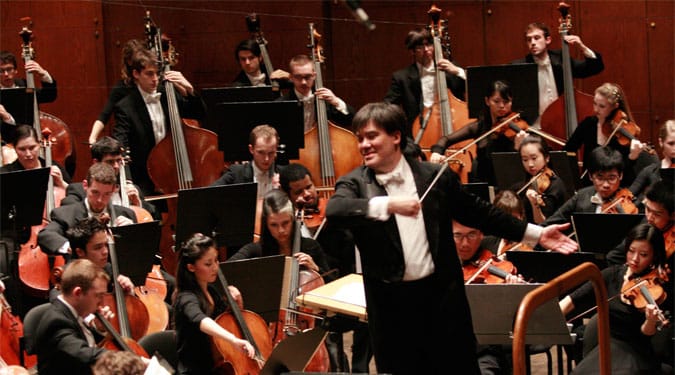
New York’s Julliard School is one of the world’s finest performing arts academies, offering a space for thousands of the most promising young thespians, dancers and opera singers, amongst others, to hone their skills and work on their craft. For any keen performer across America and, in many cases, around the world, Julliard is the ultimate educational goal. Talents are nurtured at Julliard – and stars graduate. Alumni include legendary comedian Robin Williams, award-winner Viola Davis and heiress to the Microsoft fortune Phoebe Gates, just to name a few, meaning any Julliard student is in fantastic company – yearbooks at this school are a veritable ‘Who’s who?’ of America’s most promising talent.
While drama and dance are catered for at Julliard, arguably the most ambitious figures amongst its student body are those who have enrolled into one of the school’s classical music programmes. The acceptance rate for these students is incredibly low, demonstrating just how high the standards at Julliard are – it’s thought that just 7% of those who audition for a highly-coveted place at the school will receive that all-important letter of acceptance.
It’s easy to see why. The classical music programmes at Julliard are certainly not for those without the talent and drive to succeed in a career in classical music, a calling which takes constant practice and development of skills. Music is an ever-changing art form, even when it comes to the classical genre – its foundations may be hundreds of years old, but classical music has certainly found its place in the modern musical landscape. Even in 2021, many successful musicians within genres such as pop, rap and even dance still call on the help of a well-conducted orchestra to lift their tracks up to a whole new level – string and brass sections undoubtedly lend any song a feeling of class and timelessness.
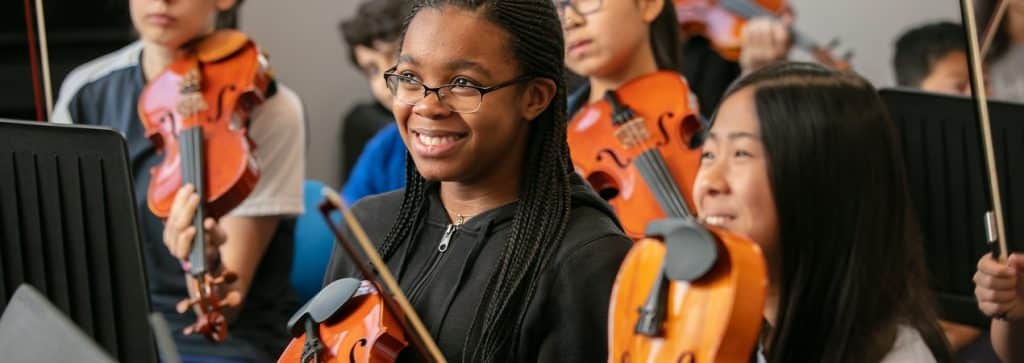
However, that’s not to say that the classical music programme at Julliard has been without scrutiny from the music industry, with some feeling that its often strict focus on the compositions of the genre’s most famous figures – Beethoven, Mozart and such – have left the school floundering in an age where classical music must adapt.
Rolling Stone recently questioned whether or not the curriculum at Julliard was struggling to adapt to the 21st century and possibly even setting its students up for failure. The piece, penned by Julliard alum Emma Sutton-Williams, detailed the difficulties faced by the classical music industry and the musicians who work amongst it both before and after the COVID-19 pandemic. The lockdowns and related restrictions of the last year and a half have taken an unprecedented toll on the industry, with many of those who work within classical music making the bulk of their income from playing in orchestras and appearing in concert – two things which have been near impossible over the course of the pandemic.
Even now that life has returned to something resembling normality, those struggles haven’t disappeared. In the long absence of live entertainment, there have been few occasions where the situation has felt stable enough for orchestras to begin the expensive and time-consuming process of preparing to put on a concert. Faced with the possibility that all may need to be cancelled at the last minute or that tickets won’t sell sufficiently to cover costs, orchestras simply cannot afford to hire rehearsal spaces and pay musicians.
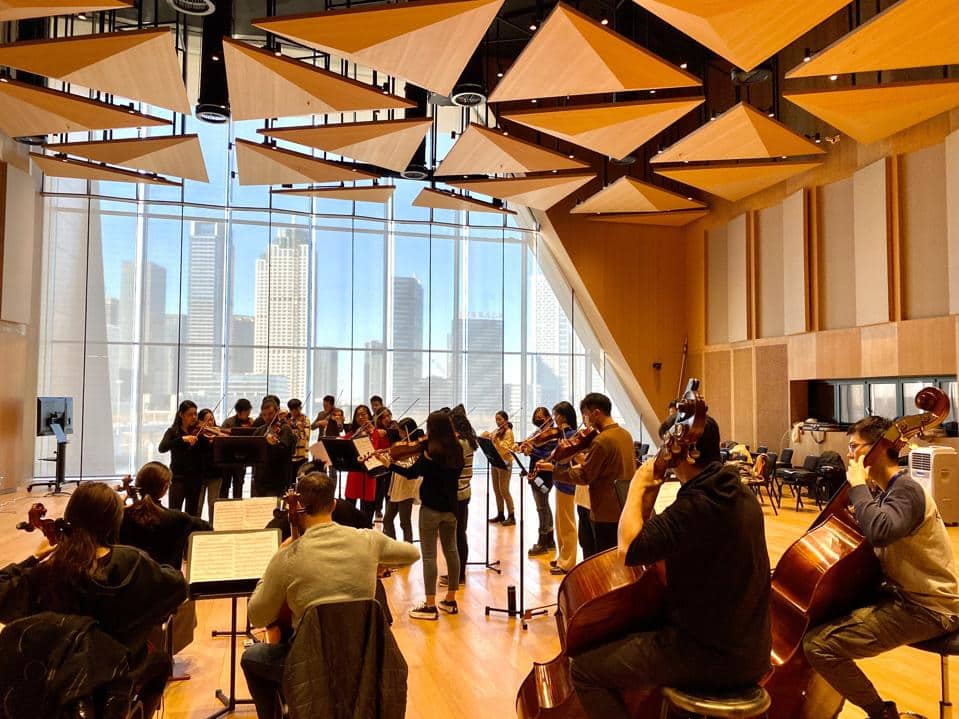
To quote Emma Sutton-Williams own Julliard teacher, David Chan, now concertmaster for the Metropolitan Opera: “The classical music industry has resisted change for far too long. It will no longer be sufficient to produce great players.”
With such uncertainty in the industry, what is it that keeps the world’s most talented youth musicians determined to gain their classical education at Julliard?
Put simply, it is perhaps the world’s most prestigious music school – a mark of quality on the resumé of any classical musician. As for learning to modernise the genre, the classical music industry is safe in the hands of young musicians who have grown up with the use of orchestral sounds across modern-day genres.
Whatever the future holds for the classical music genre, it’s clear that the determination, talent and drive of Julliard’s musicians will keep it growing and changing in the 21st century.
READ MORE: The Reinvention Of R&B: Meet The Artists Who Are Redefining The Genre

